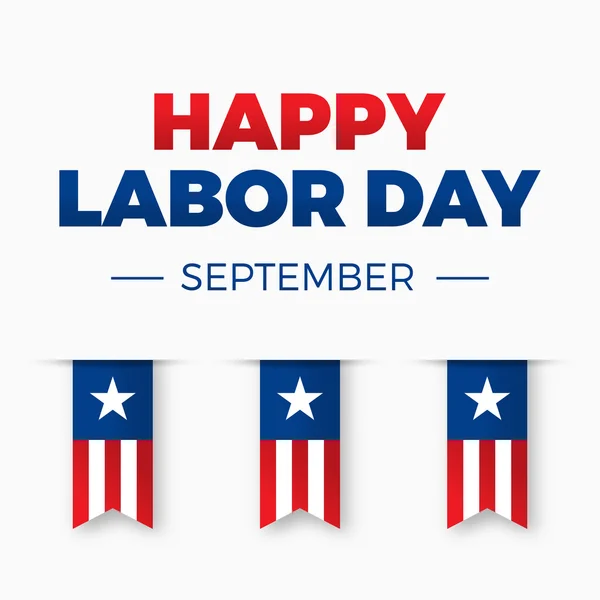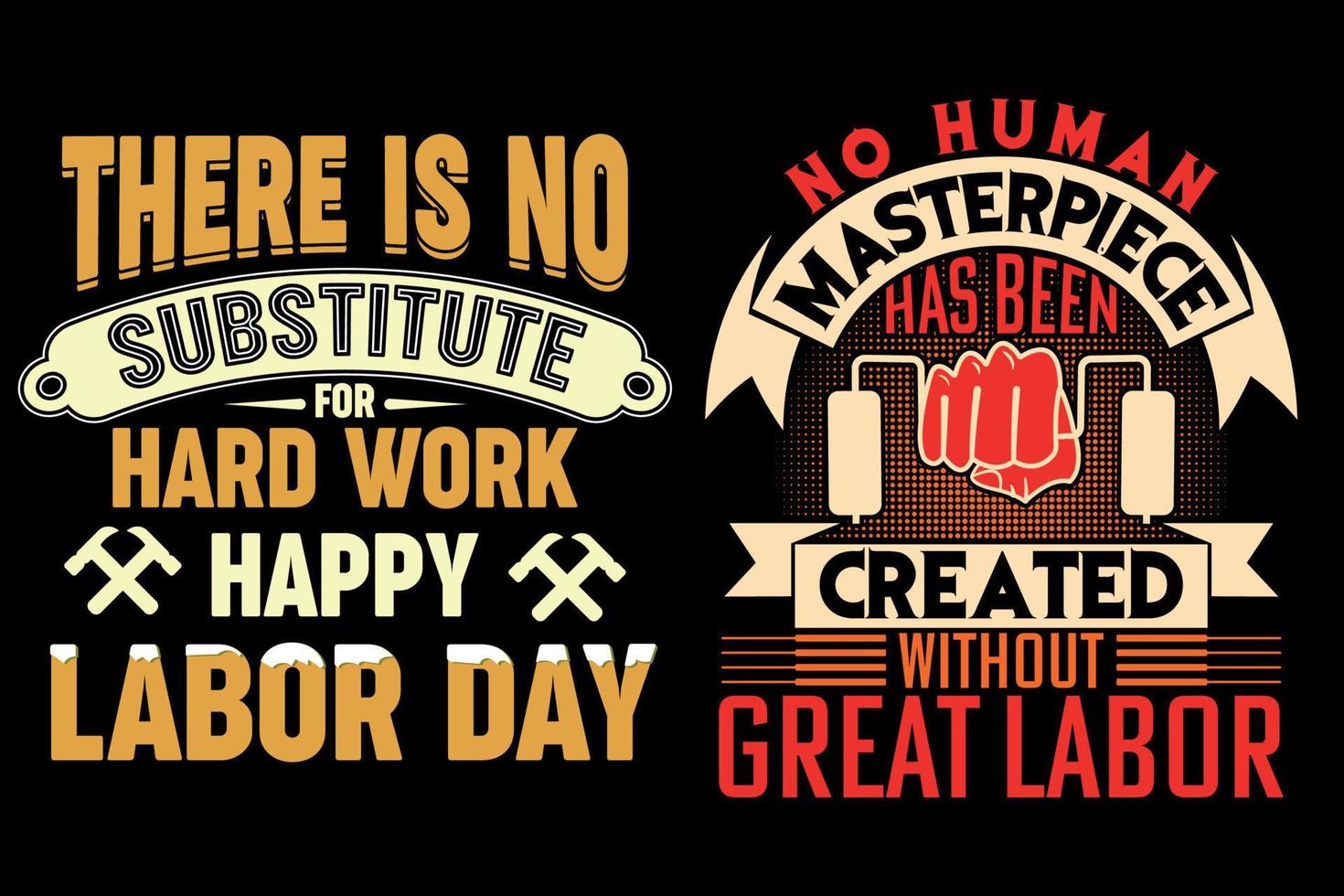Understanding Labor Day: Its Significance and Celebration
Labor Day, celebrated on the first Monday of September, is a federal holiday in the United States that honors the contributions of American workers. This day not only marks the unofficial end of summer but also serves as a reminder of the labor movement's history and the ongoing struggles for workers' rights.
Historical Origins of Labor Day
The origins of Labor Day can be traced back to the late 19th century, a time when the labor movement was gaining momentum in the United States. The first official Labor Day celebration took place on September 5, 1882, in New York City, organized by the Central Labor Union and the Knights of Labor. Approximately 10,000 workers participated in a parade to honor their contributions and advocate for better working conditions.
The establishment of Labor Day was a response to the harsh realities faced by workers during the Industrial Revolution, including long hours, low wages, and unsafe working conditions. As labor unions began to form, they sought to create a day dedicated to celebrating the achievements of workers and advocating for their rights.
Labor Day's Evolution
In 1894, Labor Day was officially recognized as a federal holiday. This came after a series of labor strikes and protests, including the Pullman Strike, which highlighted the need for labor reform. Politicians, eager to gain the support of labor unions, pushed for the establishment of Labor Day as a national holiday.
Over the years, Labor Day has evolved from a day of political demonstrations to a more general celebration of the American workforce. Today, it is often associated with barbecues, family gatherings, and shopping sales, marking the transition from summer to fall.

Current Celebrations and Significance
As we approach Labor Day 2024, which falls on September 2, various events and activities are planned across the country. Many people take advantage of the long weekend to relax, travel, or spend time with family. However, it is essential to remember the holiday's roots and the ongoing issues that workers face today.
Recent articles highlight the importance of Labor Day in recognizing the dignity of work and the contributions of labor unions. For instance, a proclamation from the White House emphasizes that "Wall Street did not build America — the middle class built America." This statement underscores the significance of workers in shaping the nation and the need to continue advocating for their rights.
Labor Day in the News
Recent news articles have explored various aspects of Labor Day, including its history, significance, and current celebrations. Here are some notable pieces:
Yahoo News discusses the origins of Labor Day and its evolution over the years, emphasizing the importance of recognizing workers' contributions.
NBC Chicago provides insights into the first Labor Day celebration and its historical context, highlighting the struggles faced by workers in the past.
AS USA explores the meaning of Labor Day today and its significance in the context of ongoing labor rights issues.
USA Today offers a comprehensive overview of Labor Day, including its history and the reasons behind its celebration.
The White House released a proclamation emphasizing the importance of Labor Day in recognizing the dignity of American workers and the contributions of labor unions.

Conclusion
Labor Day serves as a vital reminder of the contributions of workers to the American economy and society. While it is often celebrated with leisure activities, it is crucial to reflect on the historical struggles that led to the establishment of this holiday. As we enjoy the long weekend, let us also honor the legacy of the labor movement and continue advocating for the rights and dignity of workers across the nation.
For more information on Labor Day and its significance, you can explore the following resources:
As we approach this year's celebration, let us remember the true meaning of Labor Day and the ongoing fight for workers' rights.





